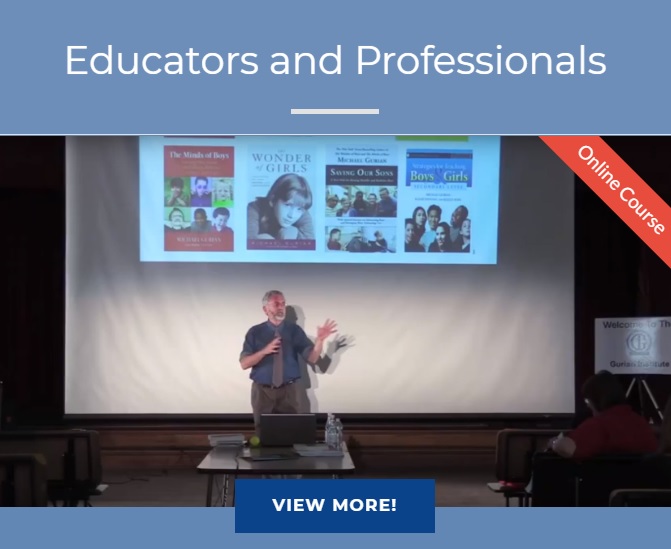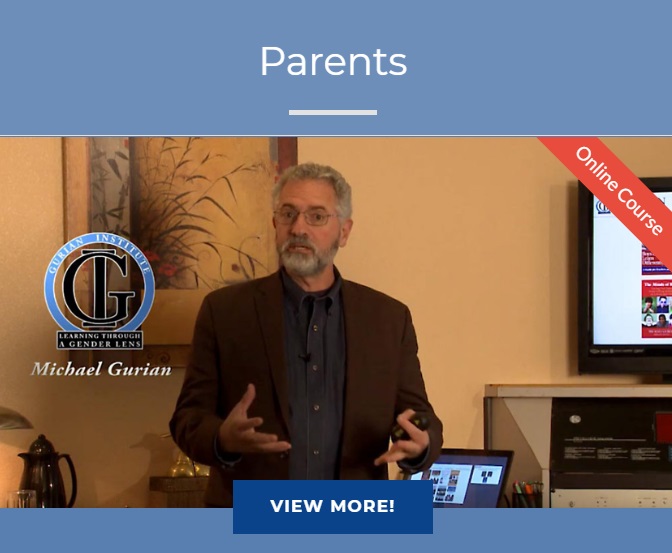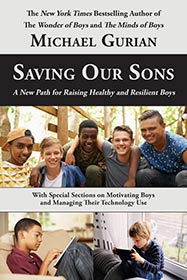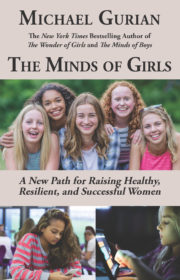
Gurian Certified Trainer and Hand in Hand Parenting Trainer Abigail Wald will provide a workshop on best digital practices at our Summer Training Institute, June 22 -23, at Army and Navy Academy, in Carlsbad, CA. We hope you’ll join her at the event and here is her blog on this crucial topic.
Tweens. The word alone conjures up a muddy mental soup of awkward haircuts, rapidly changing bodies, budding passions, and dashed hopes. During these years of striking and volatile growth, children are not just learning about who they are, but also how to interface with the world around them in increasingly complex ways. They are often measuring themselves to see how they fit in, and how they don’t.
The ripples of their world are rapidly enlarging, and these days many of them find themselves with largely unregulated access to the greatest social circle of all – the internet.
Today’s average tween in the developed world spends approximately six hours a day on a screen, with girls tending towards social media and boys outnumbering girls when it comes to video games. And while it seems the children are the ones begging for it, we parents and teachers are sometimes making our own lives easier by having tech babysit our kids or grade their tests.
But none of us are completely at ease with this arrangement. We adults worry about our own reliance on screens, and surprise – so do the kids! In multiple surveys, children themselves have expressed a secret desire for us to take their devices away, or at least limit their access, at the very same time they are fighting us to have more of them. In fact over 44% of 4th through 12th graders who were asked “If YOU could educate parents, what would you tell them? What do you think that they need to know?” answered that they either want more parental supervision or simply want us to say NO altogether.
Our collective love/hate relationship with it all makes sense according to Tristan Harris – a former Google Design ethicist and self proclaimed expert on how technology hijacks our psychological vulnerabilities. He says these apps and devices are literally engineered to be addictive. And then there are the recent MRI studies that show premature thinning of the prefrontal cortex, and the fewer hours we know our kids are spending in recess and nature. So what are we to do about all this? Ban screens altogether?
While some advocate for this, let’s get real. It’s not practical or even possible. By the time children are in middle school, many of their assignments will require tech use. And so will their friendships. In addition, not all screen use is bad. It’s nice to know your kid has a phone in case they need you, or a Lyft. And for some kids who may feel particularly underrepresented in their real lives (maybe a kid who is LGBTQ+ growing up in a conservative environment) it may be a lifesaver, a safe haven where they can feel not so all alone and different after all. Tech can be also be used to express oneself politically, write a book, start a company, and design a product. At its best, it offers us a way to communicate, connect, create, and innovate.
So is it good or bad? A necessary evil? Well, like most things in life I’d say it depends on how we use it, and how it uses us. How does it affect our children’s ability to emotionally regulate? Their understanding of consequences? The level at which they value true human connection?
If we give them a phone every time they are bored or upset, how do they learn to navigate those emotions without one? What happens if it is so easy to re-spawn your favorite character when you die – does this change your concept of failure? Or struggle? In real life you have to do way more than press a button to start over; are we preparing them for this? Is it okay to say mean things if your handle isn’t immediately traceable? And on the flip side, is it okay that you can’t make a mistake anymore without it being linked to your digital footprint in such a way that one ill-conceived teenage moment may drastically alter your future? These are the questions I ponder as a parent and educator.
This is why, for my own family, we have chosen to focus on creating with tech rather than consuming it. I believe this shift is protective of our children’s emotional growth, their self-esteem and also their future work life. Here are a few other rules we have implemented in our family that have been of great support to a healthy relationship with our screens:
- Cycling on and off between screen time play and real life play, to make sure we are never on for more than an hour at a time, or three hours total.
- Screen time that is spent doing photoshop, making e-music, learning crafts & skills, or watching cool engineering stunts and science experiments are preferred, and often the only things allowed.
- No screen time during the week (except for homework and listening to music).
- Only 2 hours per day on the weekends.
- We have decided as a family that our kids will not get a phone til they are 13 years old.
- All devices are used in the main area only where there is oversight of both time used, and also content viewed.
Do we break these rules occasionally? Sure, we totally do. But we also mostly keep to them. And more importantly than that, we underscore them with relationship strategies that allow these rules to work in the first place. If you are interested in learning more, I hope you will join me this summer at the Gurian Summer Institute 2019.
As one of the featured speakers, I will be exploring this subject in detail, along with the very personal story of my own 12 year old son going from a Fortnite obsessed kid to a child who no longer even wants to play video games. I will share with you the concrete parenting and leadership strategies we used in our family to find our path, and make this kind of growth and awareness possible, and put us all back in control of the devices in our pockets.
The story of tech and our tweens (and ourselves) is still being written. I do believe there exists a twisty path to a healthy friendship. After all, tech is here to stay, and more than just limiting screen time – which is necessary and important, but not the whole story – we need strategies for making our homes and our schools safe havens for our children, so they can learn to master tech as a healthy rite of passage into adolescence. And I’d say self-mastery is really what we were hoping for them to begin to achieve during these years anyway, so looking at it that way, as long as we keep our eyes and our hearts open, and have the tools and understanding we need to make it all happen, then we are right on track.
–Abigail Wald, 2019









